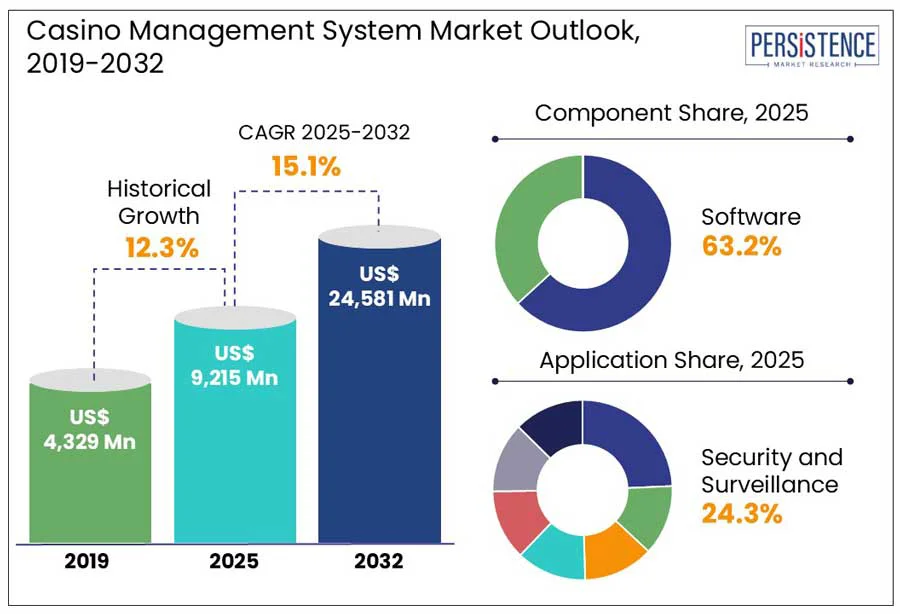Insightful Updates
Stay informed with the latest news and trends.
Dollars and Data: How Analytics are Shuffling the Casino Game
Discover how data analytics is revolutionizing the casino industry and reshaping your favorite games. Are you ready to play smarter?
The Winning Formula: How Data Analytics is Transforming Casino Strategy
In an increasingly competitive landscape, casinos are turning to data analytics as the cornerstone of their strategic operations. By leveraging sophisticated algorithms and data-driven insights, establishments can decipher player behavior patterns, optimize game offerings, and enhance customer experiences. For instance, data analytics enables casinos to track metrics such as game popularity, player spending habits, and peak activity hours, allowing them to make informed decisions that maximize profitability and improve player retention.
Moreover, the integration of data analytics extends beyond operational efficiencies; it also plays a crucial role in identifying emerging trends and adjusting marketing strategies accordingly. Casinos can employ predictive analytics to anticipate player preferences and behavior, tailoring promotions in real time to boost engagement. As the industry continues to evolve, adopting a data-centric approach will undoubtedly be the winning formula that separates successful casinos from their competitors.

Counter-Strike is a highly popular first-person shooter game that pits teams of terrorists against counter-terrorists in various objective-based rounds. Players can enhance their gaming experience through various promotions, such as using a betpanda promo code for exciting offers. Known for its tactical gameplay and competitive nature, Counter-Strike has become a staple in the esports community.
Betting Smarter: The Role of Predictive Analytics in Casino Operations
In the rapidly evolving landscape of casino operations, predictive analytics has emerged as a game-changing tool that helps casinos enhance their decision-making processes. By leveraging vast amounts of data collected from player behaviors, betting patterns, and game outcomes, operators can forecast future trends and optimize their strategies accordingly. This not only improves customer engagement but also leads to better resource allocation, ultimately driving profitability. For instance, casinos can utilize predictive models to identify high-value customers and tailor promotions that specifically cater to their gambling preferences.
Furthermore, the implementation of predictive analytics in casino operations goes beyond mere marketing strategies. It also plays a crucial role in risk management and ensuring responsible gaming practices. By analyzing player data, casinos can identify potential gambling issues before they escalate, allowing them to intervene appropriately. This proactive approach not only safeguards players but also protects the casino’s reputation and financial stability. As the industry continues to adapt, the integration of predictive analytics is likely to become even more prevalent, solidifying its role in making smarter betting decisions.
Are Casinos Really Using Big Data? Unpacking the Myths and Realities
In recent years, the discussion around the use of big data in casinos has gained momentum, often leading to a blend of myths and realities. Many believe that casinos are leveraging advanced analytics to track every move of their players, from gaming habits to spending patterns. While it's true that big data provides valuable insights into customer behavior, the extent to which it's used is often overstated. Most casinos focus on more traditional methods, such as monitoring customer feedback and using historical data to enhance the gaming experience.
On the other hand, some casinos are indeed beginning to tap into the capabilities of big data to improve operational efficiency and personalize marketing efforts. By utilizing data analytics, they can optimize everything from game placement to promotional offers. However, the effectiveness of these strategies varies widely, and many establishments are still in the early stages of implementation. As the industry continues to evolve, it becomes essential for casino operators to navigate the myths surrounding big data to make informed decisions that genuinely benefit their customers.